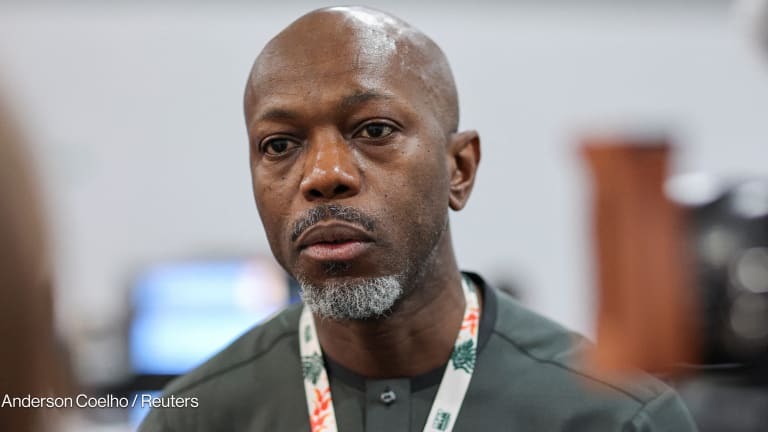
Changing the term “legally binding” to “an agreed outcome with legal force” was all it took for 194 nations to finally settle on an agreement at the climate change conference in Durban, South Africa.
Participants also agreed to adopt a second Kyoto protocol, which the EU has agreed to sign on, and launch the Green Climate Fund, to which Germany and Denmark have pledged €40 million ($53.4 million) and €15 million, respectively.
The conference, which started Nov. 28, ended in the wee hours of Sunday (Dec. 11), two days behind schedule.
After much debate, parties at the U.N. Climate Change Conference finally agreed to sign on a deal toward opening negotiations to adopt a new protocol that would have all nations — the developing world included — participate in cutting greenhouse gas emissions. The deal, however, does not compel nations to take on target emission targets, only voluntarily, something that received criticism from climate change advocates.
“They haven’t reached a real deal,” Samantha Smith of WWF International said. “They watered things down so everyone could get on board.”
Greenpeace International Executive Director Kumi Naidoo, meanwhile, argued, “Right now the global climate regime amounts to nothing more than a voluntary deal that’s put off for a decade. This could take us over the two degree threshold where we pass from danger to potential catastrophe.”
But while some voiced their disappointment over the reached climate deal, others felt relieved a deal has been reached at all.
“I would have wanted to get more, but at least we have something to work with. All is not lost yet,” Selwin Hart said. He is the chief negotiator on finance for small island states.
For Tosi Mpanu-Mpanu, head of the Africa Group, meanwhile, “It’s a middle ground, we meet mid-way. Of course we are not completely happy about the outcome, it lacks balance, but we believe it is starting to go into the right direction.”
The new deal would see all nations reducing their emissions by 2020, a feat that should have the United States and the European Union in high spirits. Both players wanted developing nations to get involved in the climate deal since the start of the conference.
Alden Meyer of the Union of Concerned Scientists gave his two cents on the conference’s outcome:
“The good news is we avoided a train wreck,” he said. “The bad news is that we did very little here to affect the emissions curve.”
In the days leading up to the deal, scientists presented several studies on climate change, including the effects it is already bringing to the world’s people — especially in Africa — and its possible consequences if nations do not step up their commitments in cutting emissions and increasing investments in climate change adaptation policies.
In a research presented by German scientists mentioned in AFP, the world is on track for a 3.5 C (6.3 F) rise, which means worse droughts, floods, storms and rising sea levels for millions of people. Whether the current deal struck at the climate conference would translate to a better future for the world, however, remains a question.
Read more:
Read more development aid news online, and subscribe to The Development Newswire to receive top international development headlines from the world’s leading donors, news sources and opinion leaders — emailed to you FREE every business day.








